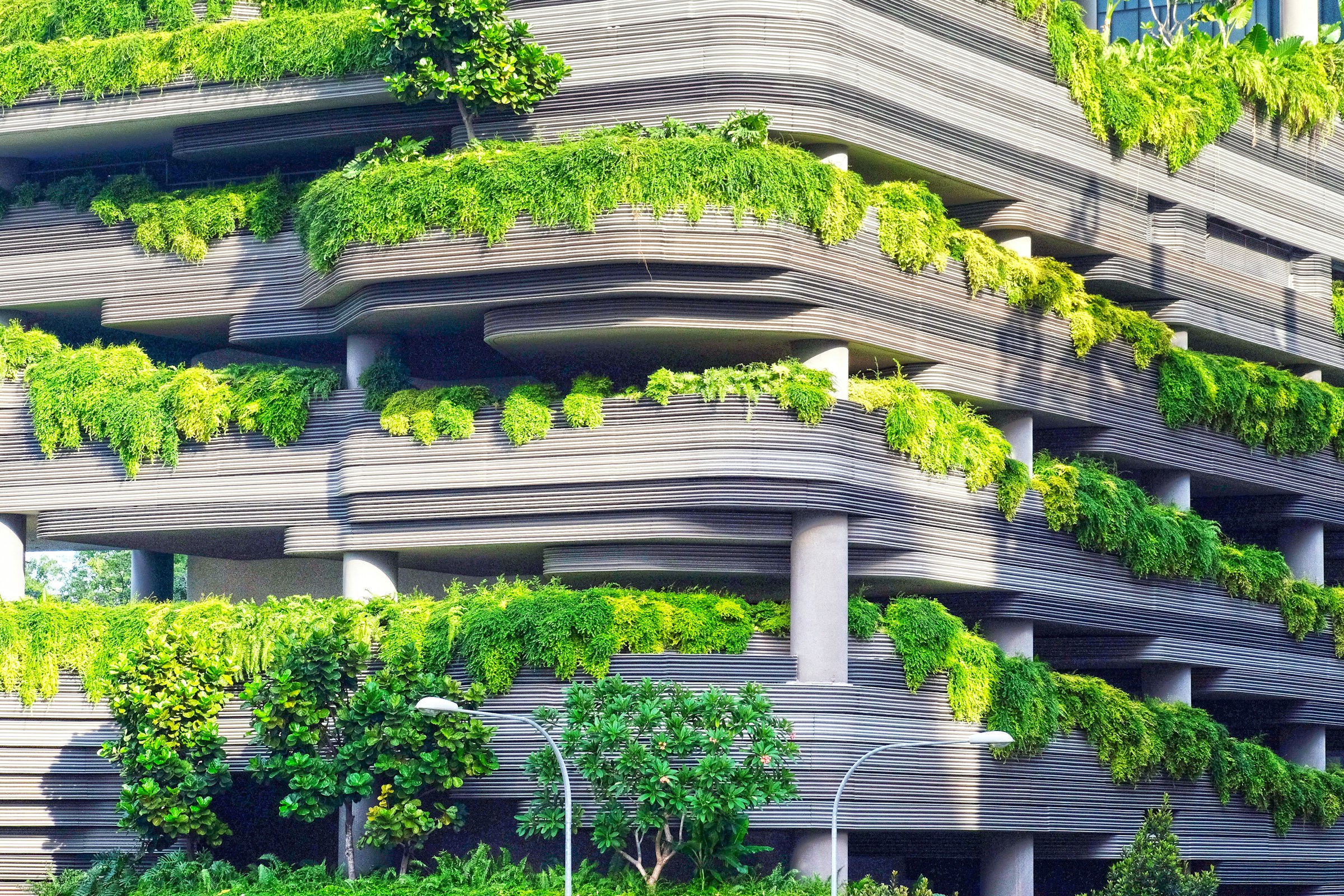The push towards a more sustainable and environmentally friendly future has created a surge in the demand for green construction. With buildings having a significant impact on the environment, the investment in green, energy-efficient, and sustainable construction projects is more pressing than ever. However, forming a UK-based green construction company entails a set of specific requirements that you need to meet. These include adhering to certain building standards, obtaining environmental certifications, implementing waste management systems, and incorporating quality sustainable materials into the design.
Understanding Green Building and LEED Certification
Green building, also known as sustainable construction, involves the use of processes and materials that are environmentally responsible and resource-efficient throughout a building’s life-cycle. The intention is to reduce the overall environmental impact during and after the construction process, while optimizing energy performance and improving quality of life.
Also read : What are the steps for setting up a UK-based holistic health retreat?
One of the key elements in green building is obtaining a Leadership in Energy and Environmental Design (LEED) certification. LEED is a globally recognized green building rating system that provides a framework for healthy, highly efficient, and cost-saving green buildings. This certification is a powerful mark of quality and achievement in green building.
To achieve LEED certification, a building project must earn points across several areas that address sustainability issues. These areas include water efficiency, energy use, air quality, and choice of materials. The total number of points a project earns determines the level of LEED certification the project receives.
In parallel : How to ensure a UK-based film production company complies with health and safety regulations on set?
Compliance with Building Standards and Environmental Legislation
When forming a green construction company in the UK, it’s crucial to understand and comply with the specific building standards and environmental legislation. The UK has stringent standards for construction, all aimed at promoting sustainability and reducing the environmental impact of the built environment.
The Building Regulations 2010 in England lists the minimum standards for design, construction, and alterations to virtually every building. They are developed by the UK government and approved by Parliament. These standards cover several aspects of a building’s design and construction, which include structure, fire safety, and energy efficiency.
In addition to the building regulations, you also have to comply with an array of environmental legislations. The UK government has set various environmental laws to control activities that have an impact on the environment. These range from waste management, pollution control, to the conservation of biodiversity.
Commitment to Waste Management and Environmental Design
Waste management and environmental design are two integral facets of sustainable construction. The construction industry is one of the major contributors to waste generation. As a green construction company, you are expected to adopt practices that reduce, reuse, and recycle waste.
Environmental design involves the incorporation of environmental considerations into product and building design and architecture. It aims to minimize environmental, health, and operational costs associated with a building’s life-cycle. To design effectively, you need to understand the relevant aspects of the environment, including air quality, water management, and energy efficiency.
Usage of Quality Sustainable Materials
The selection of materials plays a vital role in green construction. Using sustainable materials can significantly reduce the environmental impact of your building project. Sustainable materials are those that are renewable, have low embodied energy, and can be recycled at the end of their life.
The UK Green Building Council advocates for the use of sustainable materials in construction. It champions the use of materials with lower environmental impacts over their life cycle, and promotes resource efficiency.
Incorporating Water and Energy Conservation Systems
A major aspect of green construction is the conservation of water and energy. As a green construction company, you are expected to incorporate water and energy conservation systems into your building projects.
This can involve implementing a variety of measures. For example, it could include using high-efficiency appliances and fixtures, installing renewable energy systems, or designing buildings to take advantage of natural light and heat.
Forming a UK-based green construction company is a significant step towards a more sustainable and environmentally friendly built environment. By understanding and adhering to the specific requirements, you can contribute to the global effort to reduce the environmental impact of buildings, while creating healthier and more productive places for people to live and work. Remember, green building is not just a trend, it’s our responsibility to future generations.
Investing in Workforce Skill Development and Training
For a UK-based green construction company, a significant requirement is to have a skilled workforce in place that has the knowledge and expertise about sustainable construction practices. Employees at every level, from architects and engineers to site managers and construction workers, need to be adequately trained in green building principles and standards.
Employee training about sustainable construction, energy-efficient designs, waste management, and LEED certification is an investment that pays off in the long run. This includes understanding different aspects of sustainable building, such as incorporating renewable energy systems, designing for optimal indoor air quality, selecting sustainable materials, and adhering to stricter building regulations.
It is also essential to understand the concept of life cycle assessment, which evaluates the potential environmental impacts associated with all stages of a product’s life cycle, from raw material extraction to disposal or recycling. Comprehensive knowledge of the life cycle assessment can help in selecting materials and processes that have the least environmental impact.
Moreover, the skills required are not just limited to technical know-how. Team members must also understand the broader implications of green construction on health, community, and climate change.
As a company, continuous skill development and training should be a priority to keep up with the latest developments in technology and building processes. This will ensure that your company remains at the forefront of the green construction industry and continues to deliver projects that meet the highest standards of energy efficiency and environmental quality.
Engaging with Industry Associations and Green Building Councils
Engaging with industry associations and councils like the UK Green Building Council or the Global Green Building Council can provide your company with support, guidance, and resources needed for your green construction projects.
These councils champion the cause of sustainability in the built environment and provide a platform for dialogue and action among industry stakeholders. They offer numerous resources, including access to the latest research, best practices, and training programs.
Membership in these councils also provides opportunities for networking with other industry professionals and potential clients. It can also enhance your company’s reputation as a leader in sustainable construction, as these councils often recognize and award companies that demonstrate exceptional commitment to green building.
In addition, many of these councils also run their own building rating systems, similar to LEED certification. Participating in these systems can provide a benchmark for your company’s performance and help you identify areas for improvement.
Engaging with these associations allows your company to be part of a larger community committed to reducing the building sector’s impact on climate change, enhancing health and wellbeing, and creating sustainable communities.
Forming a UK-based green construction company involves a lot more than simply deciding to adopt sustainable practices. It requires a deep understanding and commitment to green building principles, a well-trained workforce, compliance with strict building and environmental regulations, effective waste management systems, and the use of sustainable materials.
In addition, engaging with industry associations and building councils can provide invaluable support and resources, while also enhancing your company’s reputation within the industry.
By meeting these requirements, not only can your company contribute to mitigating climate change and enhancing environmental quality, but you can also create healthier, more productive spaces for people. The path towards green construction is certainly challenging, but with determination and commitment, it can lead to rewarding results both for your company and for the planet. Building green is more than a trend; it’s a meaningful contribution to future generations.











